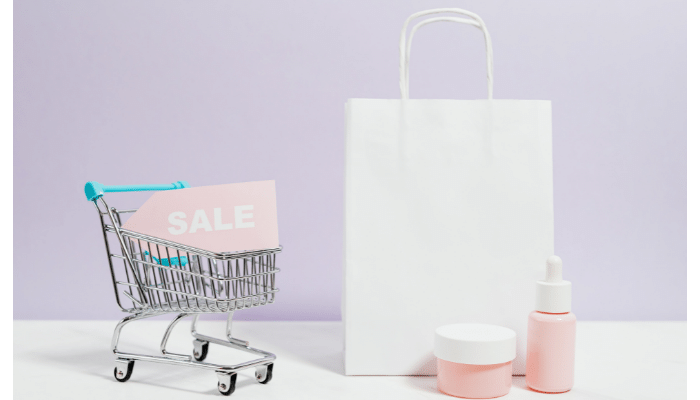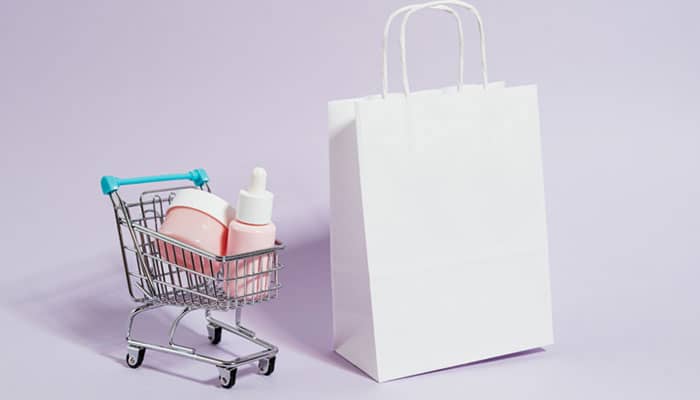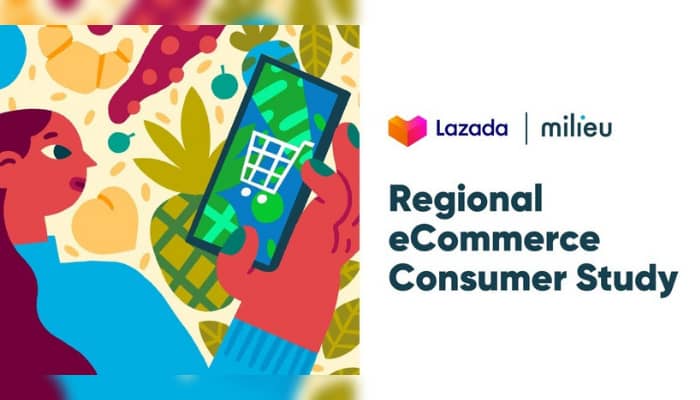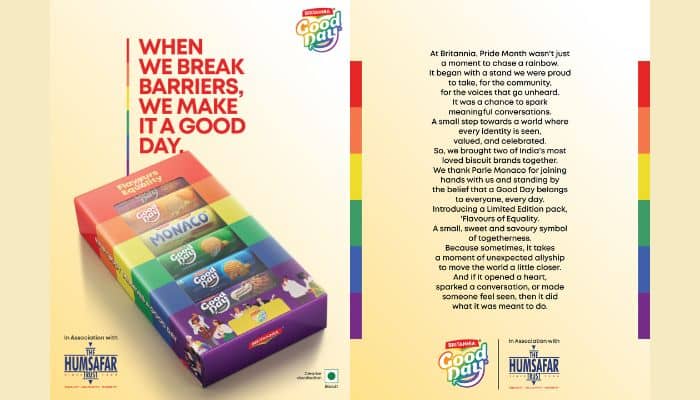Singapore – Consumer data and analytics company Milieu Insight released the findings of its ‘Sustainable Beauty’ study, which aimed to find out their opinions of sustainability claims, and how receptive beauty product shoppers in Southeast Asia are towards sustainable beauty products in light of World Environment Day coming up on 5 June.
The survey aims to find out opinions of sustainability claims, and how receptive beauty product shoppers in Southeast Asia are towards sustainable beauty products as the market of environmentally-conscious shoppers grow within the region.
New beauty brands have emerged in recent years to cater to a growing market of consumers – environmentally-conscious shoppers who are looking for beauty products that are good for them, and good for the Earth. Even large industry players are hopping onto the bandwagon, introducing sustainable products or product packaging and aggressively marketing them to be so.
The survey has shown that the majority of Southeast Asians are receptive towards sustainable beauty products, Singaporeans least so. Through a series of questions that asked Southeast Asian consumers about the likelihood of choosing a more sustainable option, they are generally receptive towards them with 93 per cent of respondents being very/somewhat likely to choose a chemical and toxic-free beauty product over one that is not.
Meanwhile, 87 per cent are very/somewhat likely to choose products with 100 per cent recyclable packaging. Moreover, 84 per cent of the consumers are very/somewhat likely to choose cruelty-free products, especially Filipino consumers with 90 per cent votes on the category.

The report also noted that 83 per cent are very/somewhat likely to swap to a refillable option if it’s available, while 73 percent are very/somewhat likely to try a water-less beauty product (eg. shampoo bar, bar soaps), versus conventional bottled products (eg. liquid shampoo and soap)

Consumers are willing to pay more for sustainability, but affordability remains the most important. Affordability emerged as the top consideration in purchasing beauty products with 78 per cent., while 81 per cent of the consumers said that while they are willing to pay more for sustainable/ clean/ ethical beauty products, prices still have to stay within the comfortable range for consumers.

The report also found that consumers don’t blindly trust sustainability claims. About 67 per cent of respondents indicated that they ‘research more about the claims on my beauty products’ packaging to know if it’s really sustainable/ clean/ ethical’, especially consumers from the Philippines with 83 per cent and Malaysia with 72 per cent.

Most agree that there should be more regulations to ensure that beauty products’ claims about being sustainable/ clean/ ethical are well-substantiated with evidence.” (88 per cent agreed that companies themselves also have to be transparent and clear in their communication of their products’ sustainability, well-substantiated with evidence. In addition, 86 per cent of the respondents agreed that ‘More should be done by companies to communicate to customers how their beauty products are sustainable/ clean/ ethical.’

















